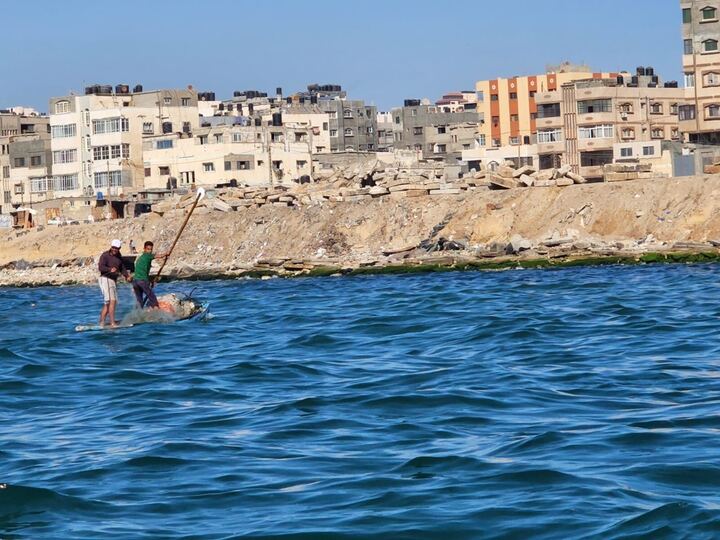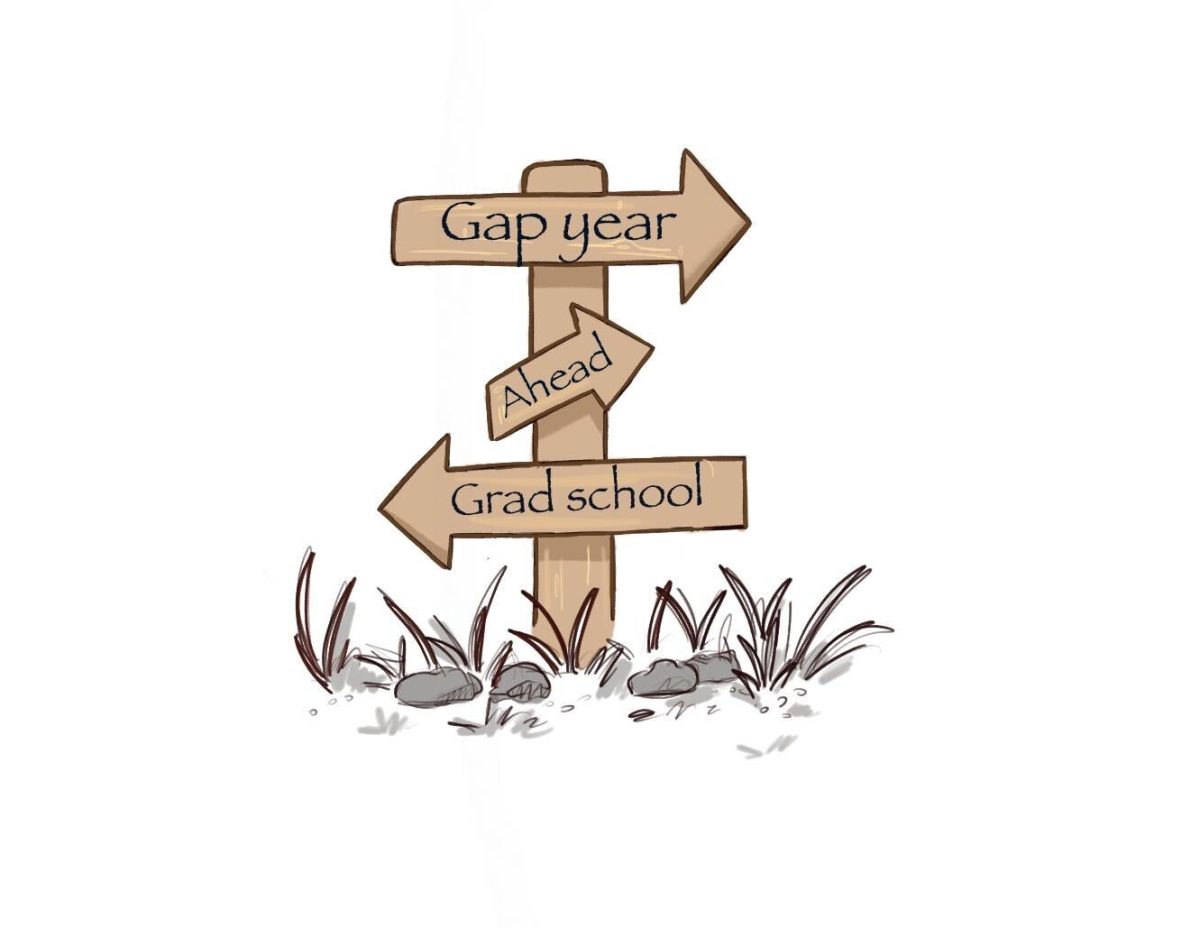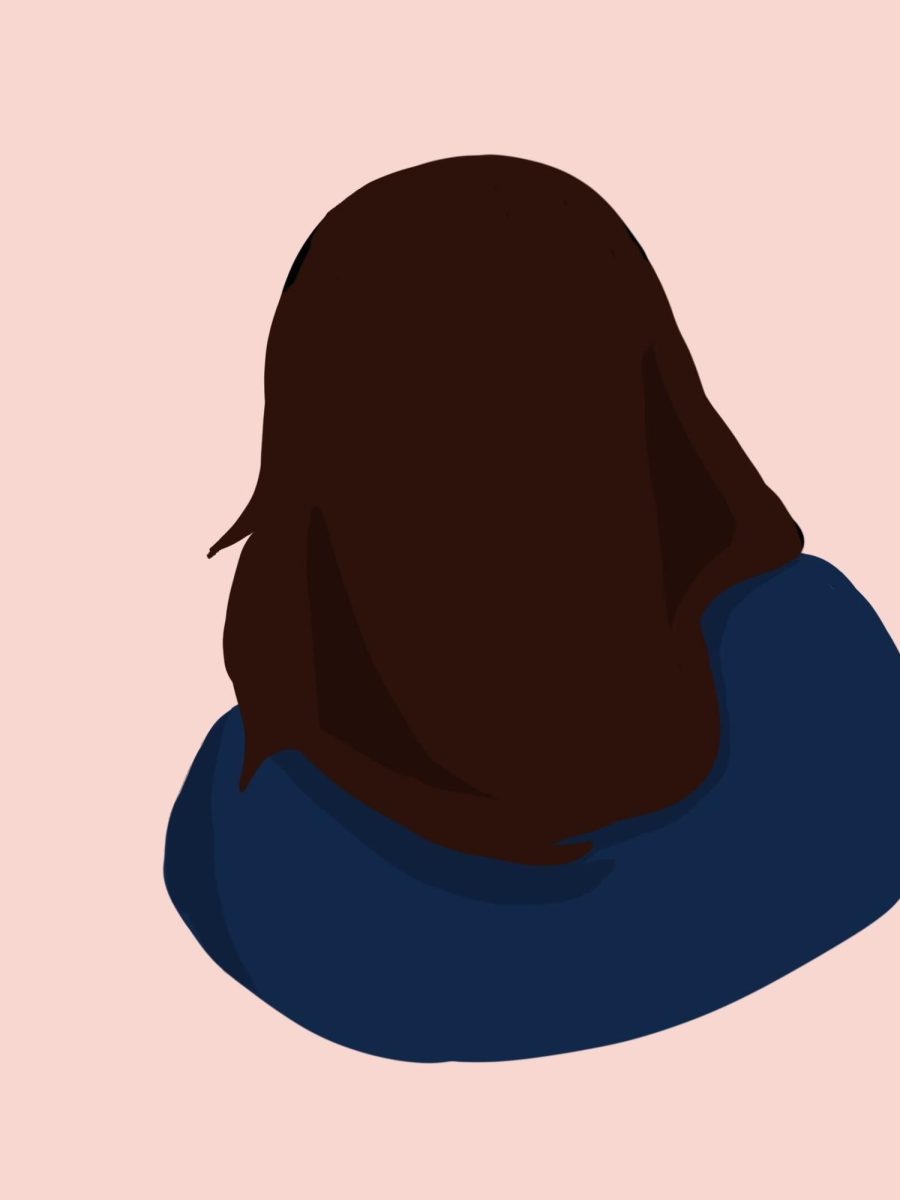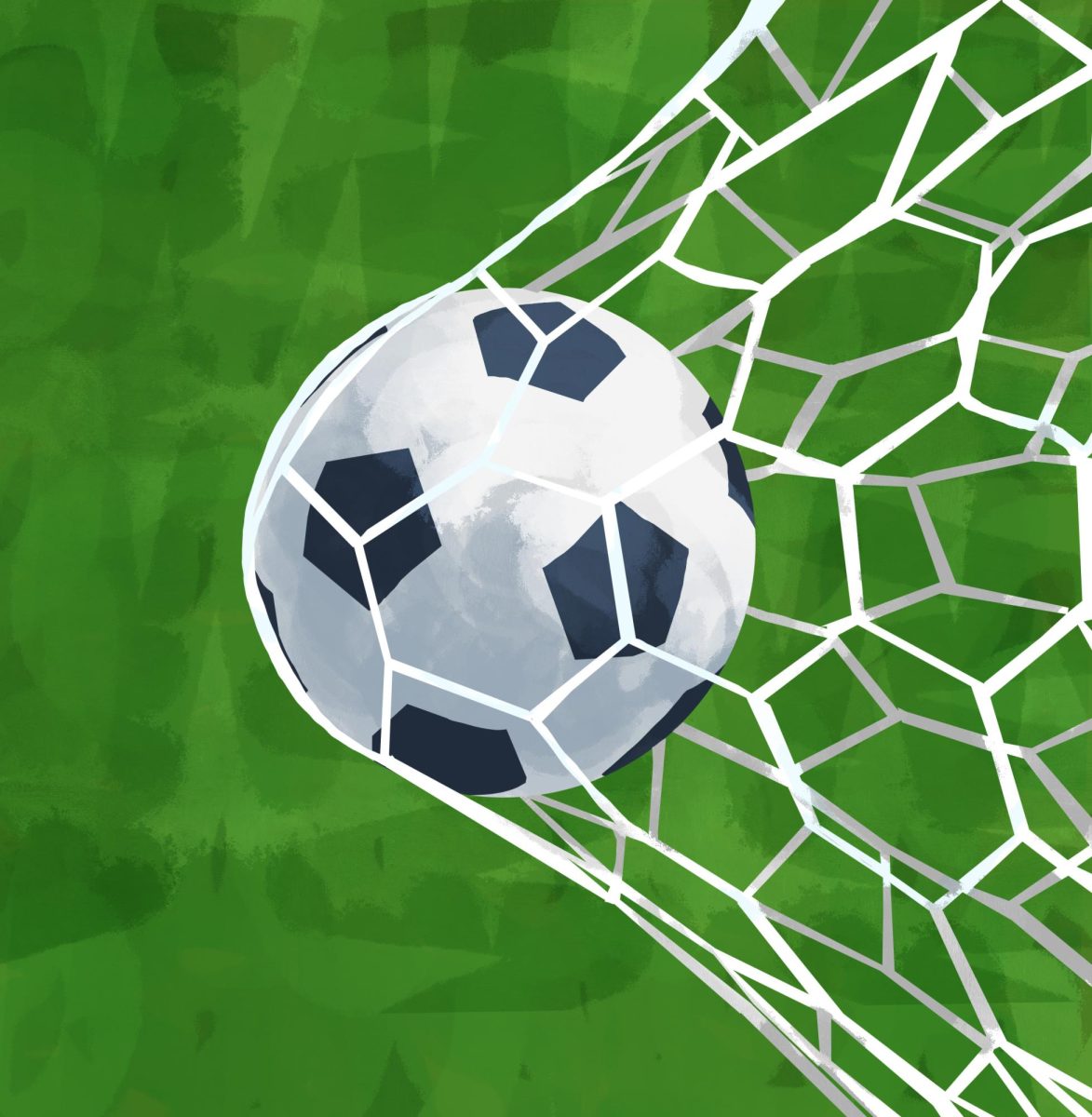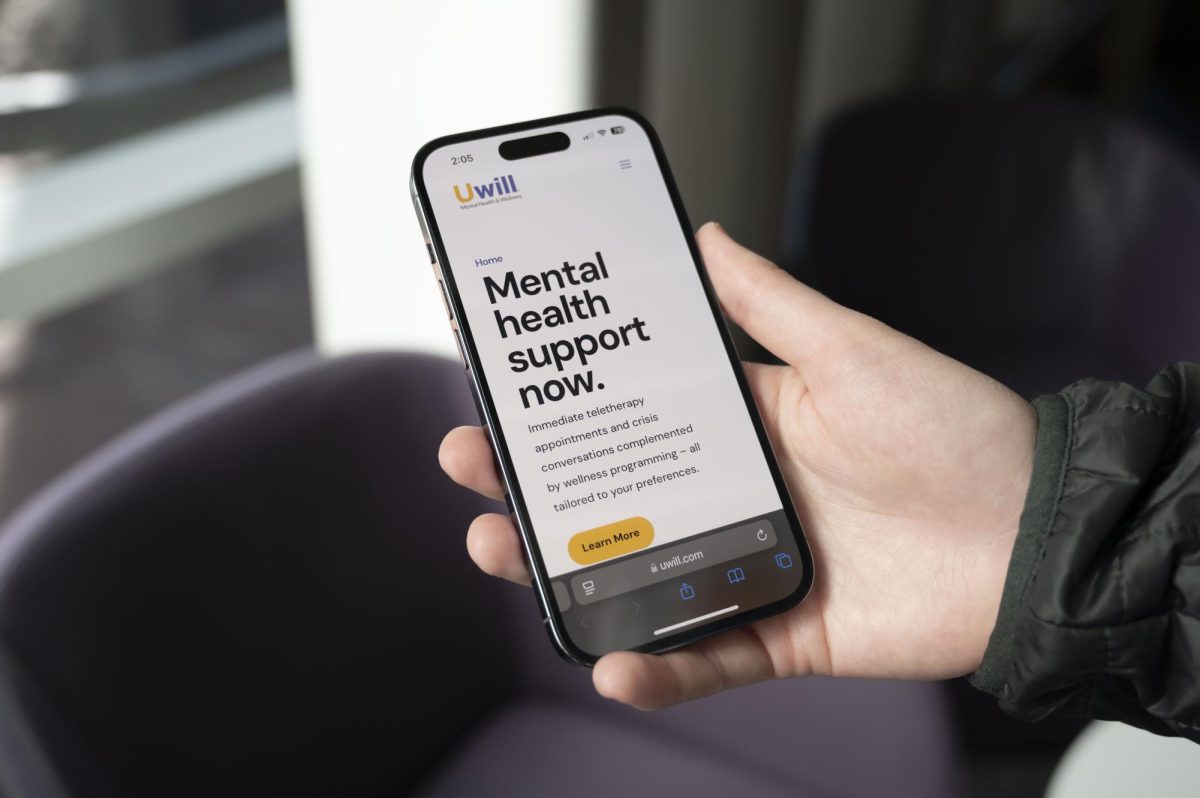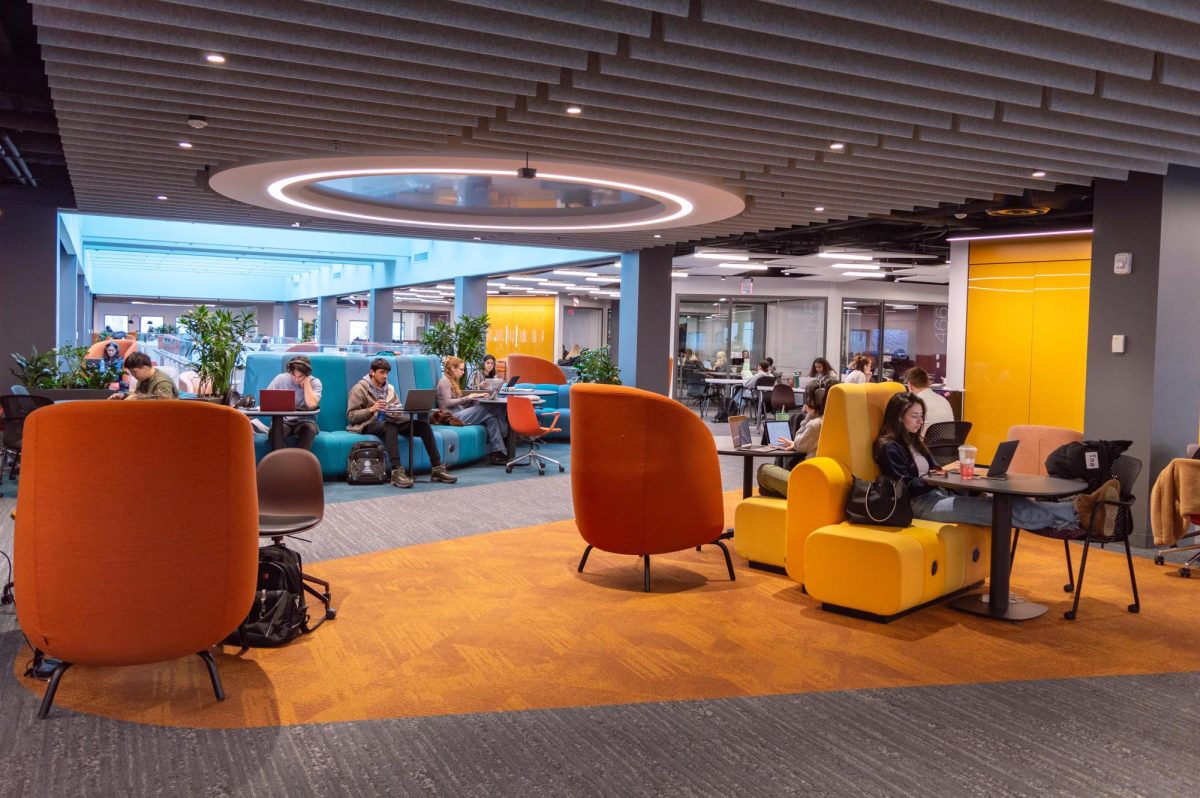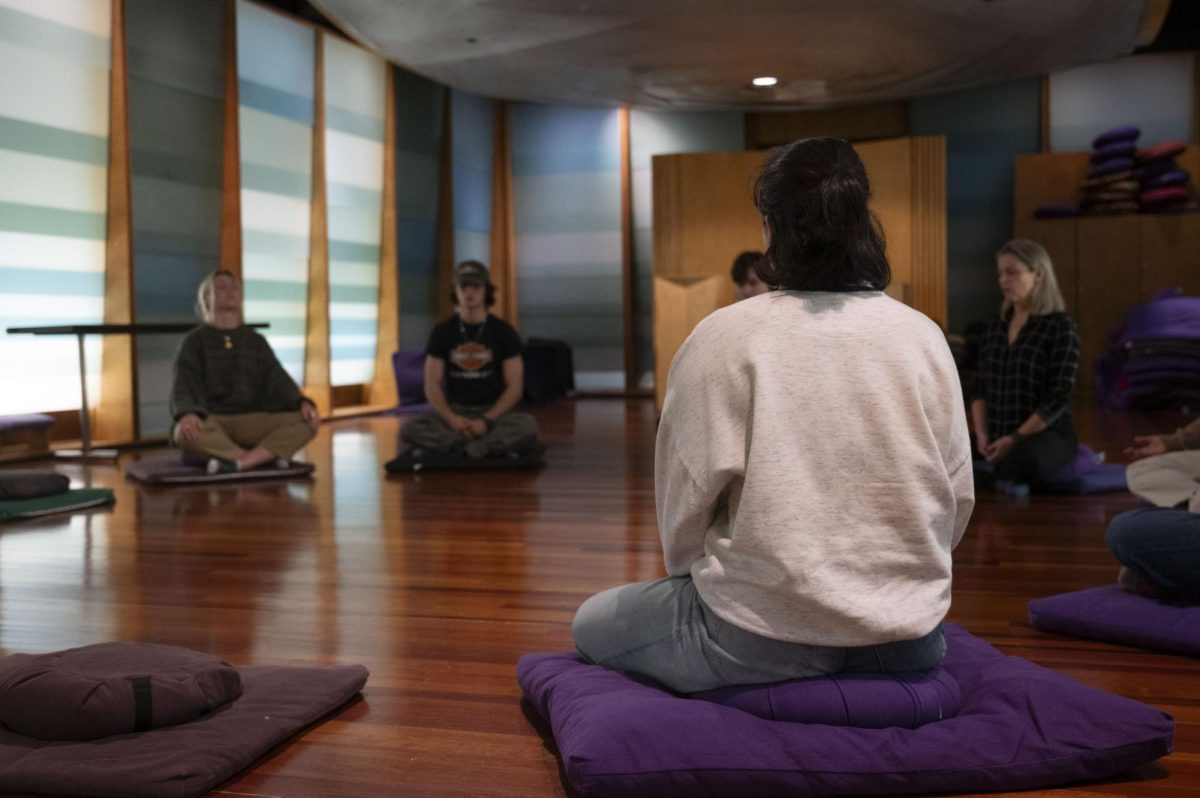Amidst the escalation of the Israel-Hamas war in mid-October, I was approached by a Northeastern Global News journalist who asked for an interview to speak about my family in Gaza. She had contacted another Palestinian student, who then passed the journalist’s contact to me because her family is in the West Bank, and she thought someone whose family is in Gaza should be given a platform. Believing they wanted to highlight the stories of Palestinian students who are connected to the ongoing genocide, I immediately accepted. I asked the journalist if it would just be my account in the story, and she said that she was looking for more Palestinian students to write a “credible” story, so I connected them with another Palestinian student who also has family in Gaza. I did my interview first, and she interviewed him after. Both of us would recount the stories of our loved ones and the horrors of life during wartime.
During the Oct. 27 interview, the journalist asked about life in Gaza before Oct. 7. I recounted the first time my older cousins left Gaza for Egypt. The first night there, the whistle of an aircraft woke up one cousin. He was frightened and ran to the window, and what he thought to be an F-16 fighter jet was an airplane. They were all older than 30 years old, and it had been the first time any of them had seen or heard an airplane.
The journalist asked what my relatives were saying to me after Hamas attacked. I said, they were scared. She asked, “Has your family been trying to work out some plan to get them out?” I said that’s not an option, and the question should be: “Is there a plan for them to return home?”
Then, she asked me a question that I had not anticipated: “How would you describe Palestinian culture and people?”
Up until that point, my responses focused on the plight of Palestinians. Still, I found myself opening up and speaking freely about Palestinian men, who write love songs to their homeland; our women, who are highly talented poets and journalists; and our children, who express themselves like adults with witty remarks and playful hand gestures.
Her questions and attentiveness gave me the impression that this story mattered to Northeastern Global News and that Palestinian voices would be heard and humanized. I was told that the story would be published within the week of our interviews, but after a week, nobody reached out to me, and the story was not published. So, I followed up on the article and my friend who had done an interview sent me his chat with the journalist telling him to expect the publication that night. I refreshed the page with no luck.
I considered the article might be delayed due to edits or scheduled to be published along with other articles. But the following day, there was no article representing Palestinian students and our families in Gaza. I reached out to the journalist that morning, and I was told that the editors decided not to publish it for various reasons. I thought I was entitled to know what those reasons were, so I asked.
“I was told that I didn’t have enough to have a story of a personal, detailed account of what is happening on the ground to specific people,” the reporter said.
According to the editors, my account lacked the details deemed necessary for publication. How much detail suffices when discussing the blockaded lives of Gazans? How many deaths constitute a story when more than 20 of my own family members were wiped away by a single airstrike?
I acknowledged how my narrative was measured, but generally, I like to believe people. So, I revisited the website and scanned through the articles related to the war. I must have been exaggerating, and the videos and messages from my family on WhatsApp must not have been enough for the story.
I scrolled until I saw an article, published Oct. 18, titled: “Northeastern student served as a camp counselor for children in Sderot, Israel. Now, she’s doing what she can to support them.”
This student woke up the day Hamas attacked the kibbutz in southern Israel to WhatsApp messages from people in Sderot. Just like me. How was this any different from my accounts?
The difference is that this student, thankfully, said everyone she knew was safe. Unfortunately, that was not the case for my family. My cousins, aunts, uncles and grandparents have been running on foot from missiles. They have endured sleepless and cold nights without adequate shelter or sustenance.
I grew up in the United States with access to international news channels, so I’ve always known the bias and hypocrisy of the news. However, I still believe the media to be an effective agent of awareness and spreading information. For this reason, I feel compelled to call out both Northeastern and Northeastern Global News for its bias against Palestinian students and partiality toward Jewish students. Palestinians are suffering but they are not deemed worthy of coverage because of Hamas’ attack on Israel. If Northeastern and Northeastern Global News truly believed that Palestinians were innocent victims of the leadership of a terrorist organization, then Palestinians would not have to pay for their actions.
So, it isn’t that my story about people on the ground was not detailed enough. It was that they were the wrong people.
To the editors of Northeastern Global News, you made it abundantly clear that your platform has not reported on this issue impartially. You rank human lives and their suffering, placing Palestinians at the bottom. You sought us, Palestinian students, and asked us for our accounts. We answered, and you did not deliver. Publish a story about Palestinians, and if you need another interview, I remain open to it, but not without false hopes.
Editor’s Note: In a statement to The News, Northeastern Global News explained the reasoning behind its decision.
“Like any other responsible news organization, Northeastern Global News is committed to factual accuracy in all of its reporting. Our editorial policy prohibits publishing second- and third-hand hearsay that we are unable to corroborate,” the statement said. “In our ongoing coverage of the Israel-Hamas war, NGN will continue to showcase expert analysis from faculty, as well as verified and relevant first-hand accounts from the Northeastern community.”
Sarah Abukwaik is a fifth-year health science major. She can be reached at [email protected].


